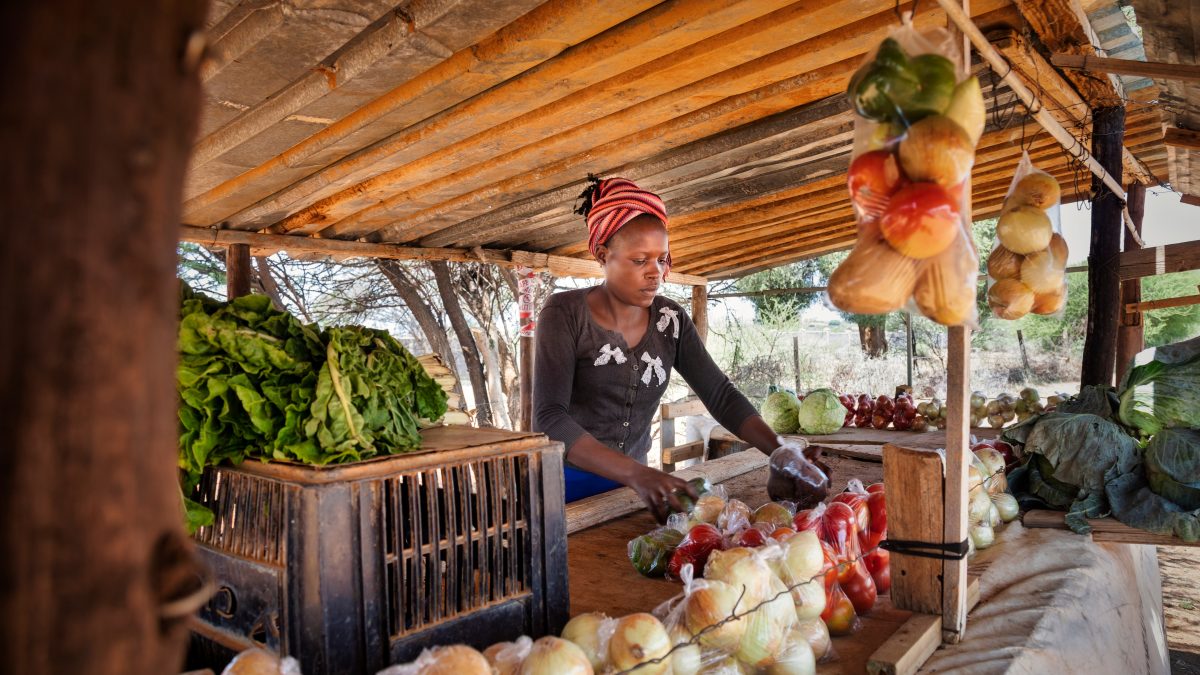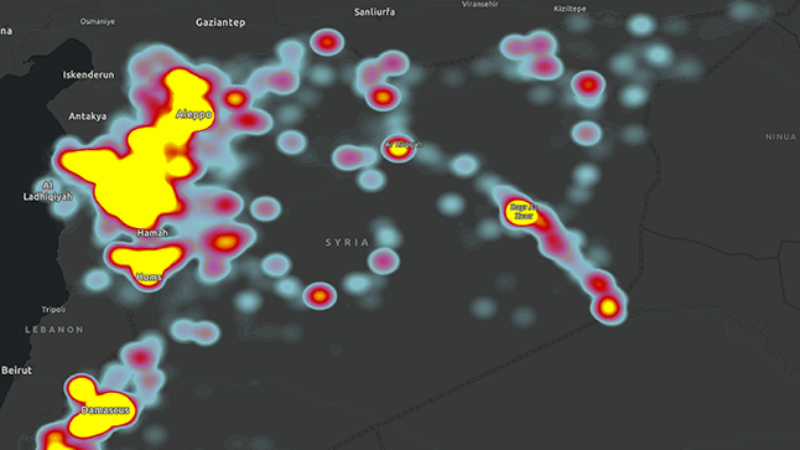Mozambique

The Carter Center began working in Mozambique in 1998, providing international election observation, support for citizen observers, review of the political finance structure, support for a national consensus-building process, and increasing access to food. More recently, we partnered with the city of Maputo as part of our groundbreaking Inform Women, Transform Lives campaign.
Short-term Goals
We are transforming women’s lives through access to information.
Impact
- Observed elections, highlighting irregularities that undermined the credibility of electoral authorities
- Worked with civil society organizations to encourage their participation as domestic observers
Carter Center Expands its Global Inform Women, Transform Lives Campaign to 12 New Cities
Carter Center Condemns Killing of Mozambique Election Observer
25 Years of Election Observation at the Carter Center

Global Impact Starts with You
Your support sustains the Carter Center's mission of waging peace, fighting disease, and building hope around the world.


